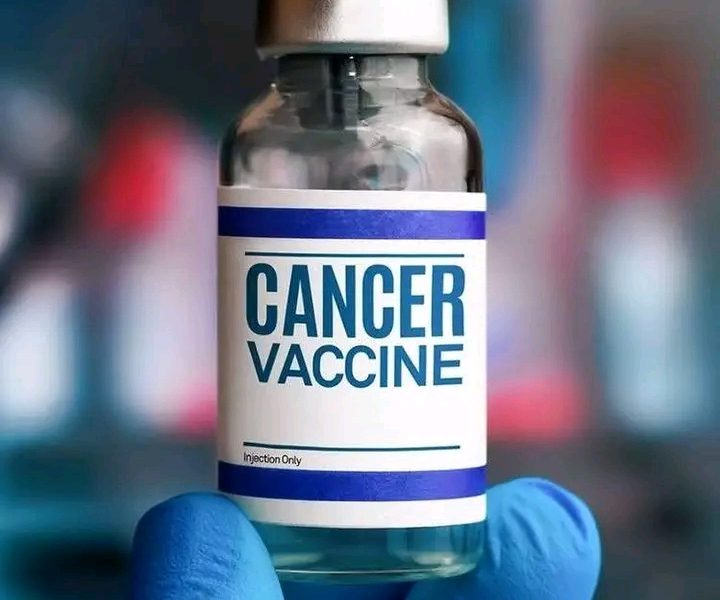
Cancer vaccine
Russia to launch cancer vaccine trials
Russian health authorities are set to begin administering a domestically developed, personalized cancer vaccine to the first patients on an experimental basis in the coming months.
The move marks a significant advancement in the country’s efforts to develop innovative oncology treatments, according to agency reports.
The announcement, made by the director of the institute that developed the vaccine, sets a timeline for a therapy that Russian President Vladimir Putin previously stated would be available in 2025.
Alexander Gintsburg, Director of the Gamaleya National Research Center for Epidemiology and Microbiology (NICEM), confirmed the imminent start of the trials to the RIA Novosti agency.
“In the coming months, the first patient will begin, on an experimental basis, to receive treatment with the personalized, domestically-produced cancer vaccine,” Gintsburg stated.
He specified that the initial phase will focus on a particular type of cancer. “According to the plan we have now agreed upon with the Ministry of Health, in the coming months, we will begin experimentally using the cancer vaccine, which is based on neoantigens, for a group of patients with melanoma,” Gintsburg explained.
The development and administration of the vaccine is a collaborative effort between several prominent Russian medical institutions.
Gintsburg noted that the key partners are the P.A. Herzen Moscow Oncology Research Institute and the N.N. Blokhin National Medical Research Center of Oncology.
He clarified that the Gamaleya Center’s role is strictly production, after which the vaccine is transferred to the Herzen Institute and Blokhin Oncology Center for clinical use.
A defining feature of the new drug is its highly personalized nature, which has necessitated a unique regulatory framework.
According to Gintsburg, the vaccine is created based on the genetic and personal data of an individual patient and, as such, can only be used for that specific person. This is fundamentally different from the regulations for all other drugs.
“That is why the government issued a corresponding decree at the beginning of the year, in which it established completely different rules that are being used for the first time,” Gintsburg said.
“Despite this, we are finding a common language and common ground, and we are moving forward with our work.”
The director also noted that the development has attracted significant global attention, stating that the Gamaleya Center has received “dozens of letters of inquiry from other nations.”
This move to clinical trials follows a high-profile announcement by Russian President Vladimir Putin in late 2024, in which he said the country had developed a cancer vaccine and that it would become available to patients in 2025.
Regarding the cost of the treatment, the TASS agency, quoting Andrey Kaprin, head of the National Medical Research Radiological Center of the Russian Ministry of Health, reported that one dose of the vaccine is priced at 300,000 Russian rubles, equivalent to approximately three thousand eight hundred dollars.
The development comes as Russia confronts a growing public health challenge. The country is among those where the cancer incidence rate is increasing annually.
According to 2024 statistics and data, 4,160,000 people in Russia have been diagnosed with cancer.
